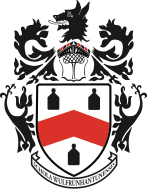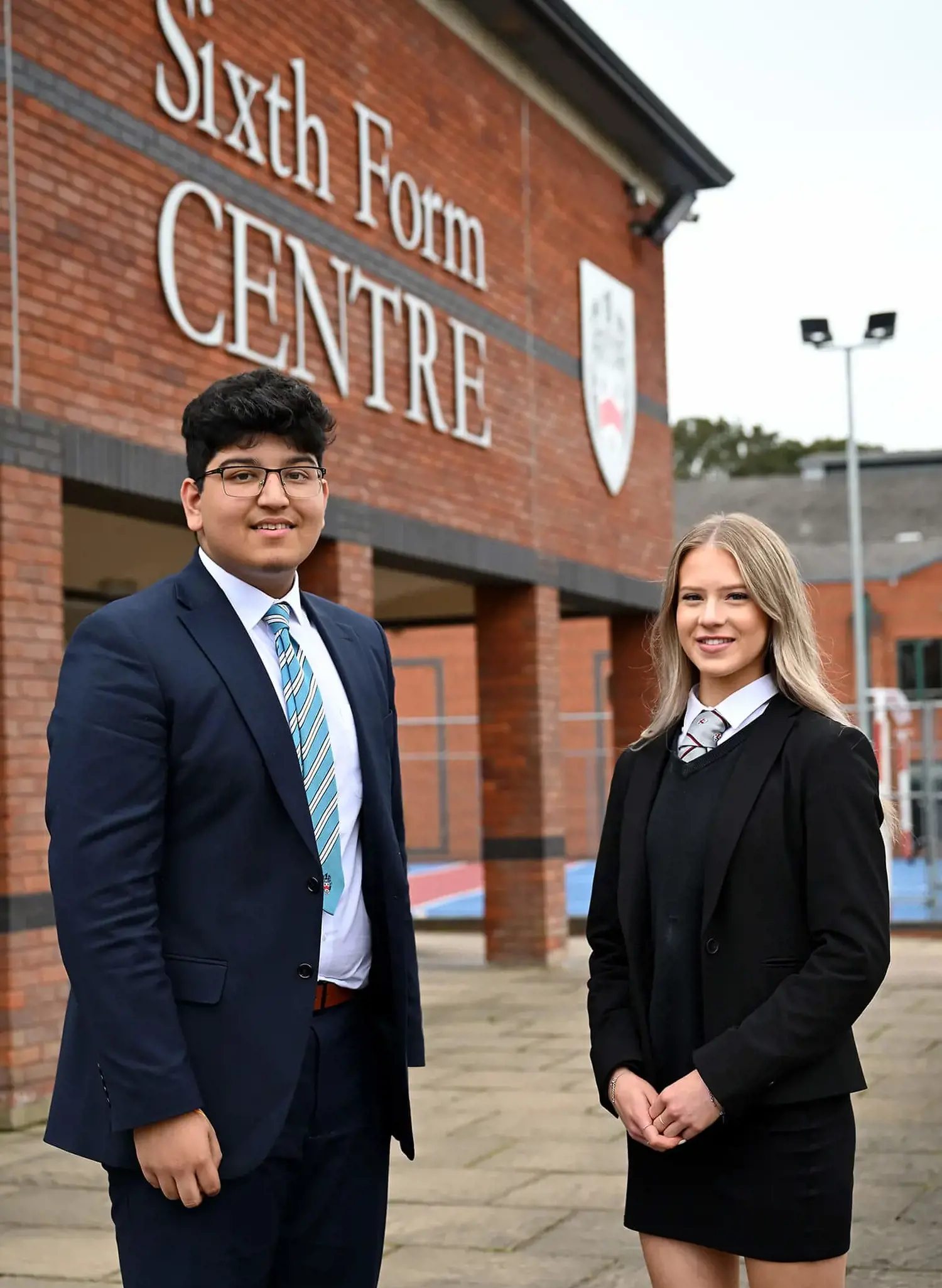Every year, on the final day before the October Half Term break, all students and staff attend a Founder's Day Service at St Peter's Church to celebrate the founding of WGS by Sir Stephen Jenyns.
Celebrating Founder's Day!
Today we celebrate the founding of Wolverhampton Grammar School by Sir Stephen Jenyns in 1512. We are proud to be one of the oldest schools in the country; below is a summary of our remarkable 511-year history.
Back in the 16th century, WGS was small enough to fit on the gallery in St. Peter’s Church, where we celebrate our Founder’s Day Service. Over the years, the number of boys in the School fluctuated, always with a proportion of boarders. Thomas Beach, headmaster from 1865, recognised that the town centre site was too small to allow the School to thrive. He was the driving force behind the bold move to a new site on the Compton Road in 1875, where we remain today.
The School was at first accommodated entirely in the main building (Big School). Steady growth in numbers, especially during the headship of Watson Caldecott (1905 – 1923) led to expansion. A Junior School (still for boys only), originally developed by Mr Hichens (1895 – 1905) was provided with its own accommodation in a house to the west of the site in 1911. The World Wars came and went and we remember the boys who lost their lives in those wars through the memorial boards in Big School and our remembrance assemblies in November.
Educational changes at the end of the Second World War, brought to an end both boarding and, for a time, the Junior School. Under the headships of Warren Derry and Ernest Taylor, WGS became a highly selective and respected State Grammar School into the 1970s. The possibility of the loss of selective status loomed large at that time and the governors, having made the decision to opt for independence, committed the task of carrying through this major change to a new headmaster, Patrick Hutton, in 1978. The School began charging fees in 1979.
A successful Independence Appeal and the introduction of the Government’s Assisted Places Scheme enabled the School to continue offering places to bright boys whose parents could not pay full fees. Girls were welcomed to the Sixth Form for the first time in 1984. In 1992, the next head, Bernard Trafford (previously Head of Music) welcomed girls into the first form. Students arriving in 1997 were the last to benefit from the Assisted Places Scheme, and the size of the intake fell after this loss.
A Year 6 entry – Big 6 – was introduced in 2004 and the full Junior School opened in 2011. In 2013, Kathy Crewe-Read became the first female head of WGS. In September 2021, ten years after the opening of the Junior School, our infant provision opened under the Head of Junior School, Dan Peters, making the current age range of pupils being educated on the site wider than at any time in the School’s history
Mr Johnson, affectionately known as JJ, who is now in his 50th year on the staff, remembers WGS before its independence. However, he is remarkably not quite the longest-serving member of staff. Ernest Clodd, appointed as a teacher, mainly of junior forms, in 1884, became the bursar and headmaster’s secretary after his retirement from teaching in 1920 and worked on until he was 80 in 1935, a total of 51 years’ service. Like JJ, he was responsible for the arrangements for Sports’ Day for many years. Nic Anderson is only the third deputy to become head (although currently acting) in the School’s history and, we are fairly sure, the first OW to be appointed.
We are indebted to Dr Chris O’Brien, former Head of Maths and current part-time Archive Administrator at WGS, who has dedicated much of his time building on the past work of others to construct a fascinating account of our founder, Sir Stephen Jenyns. This can be read here.
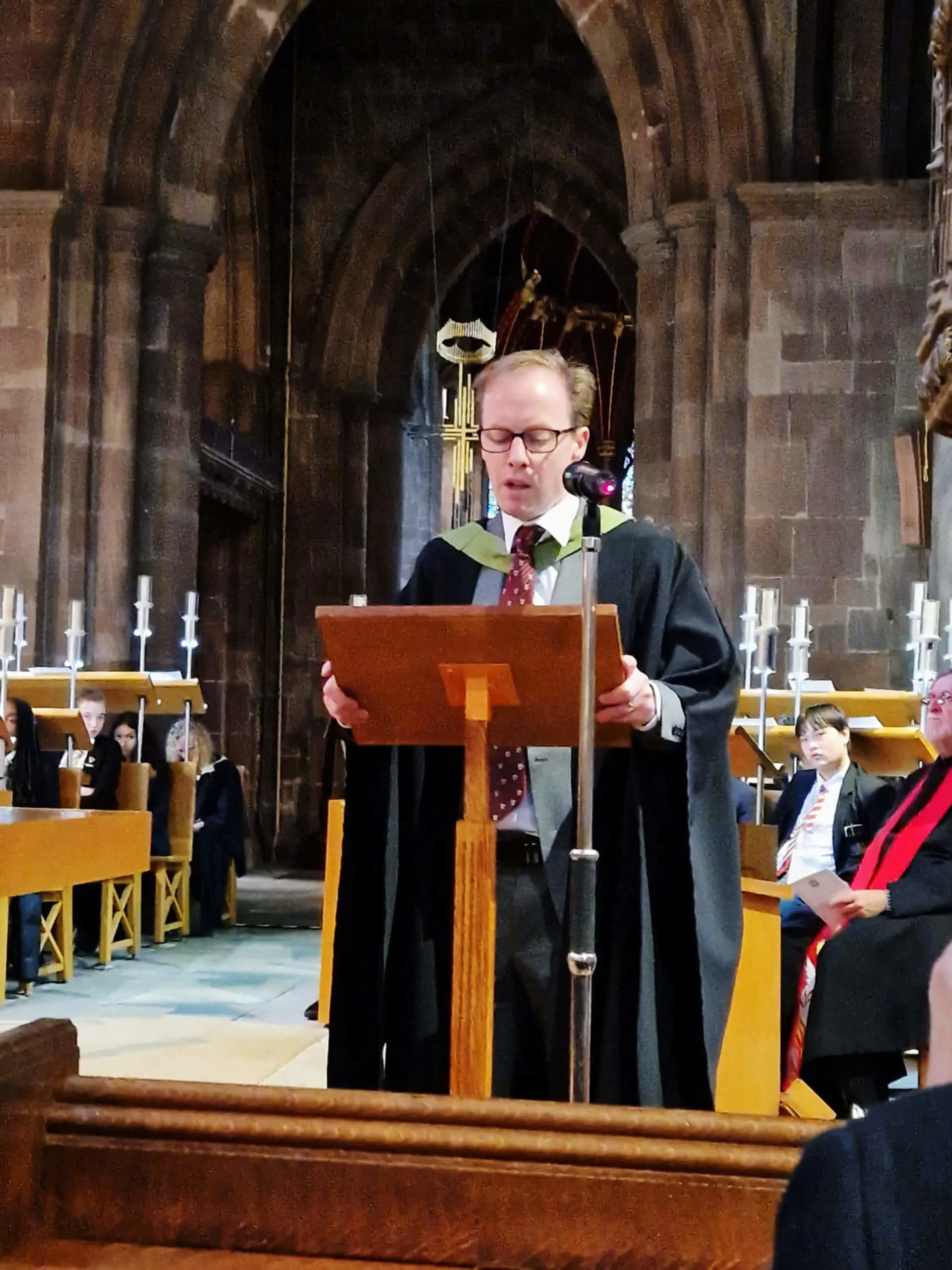
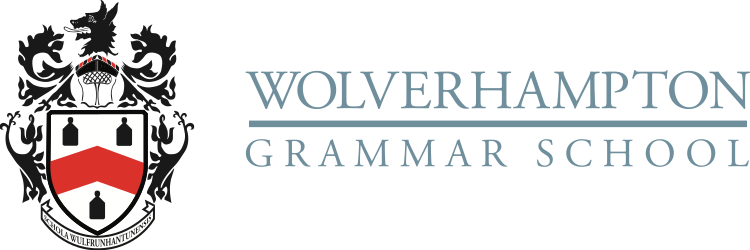
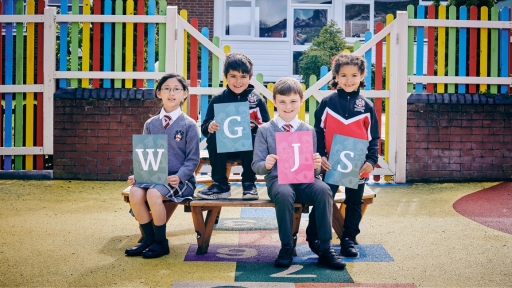
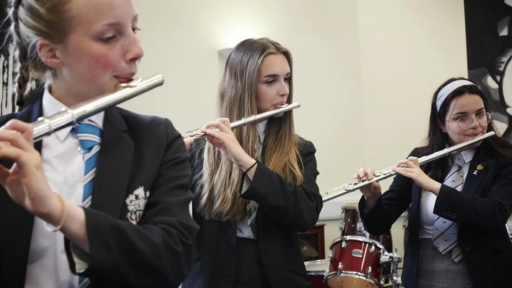
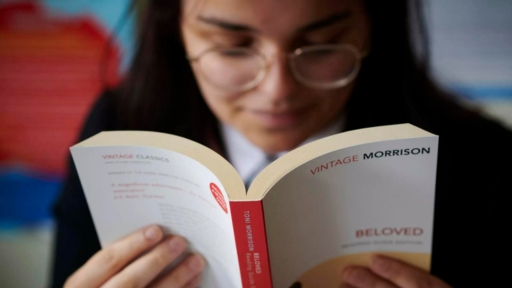


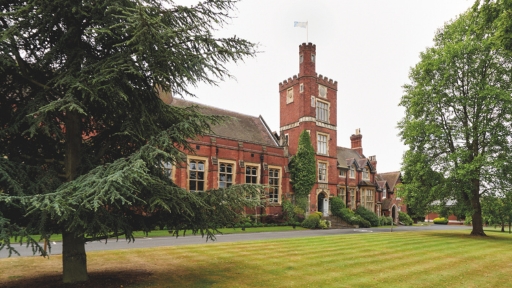
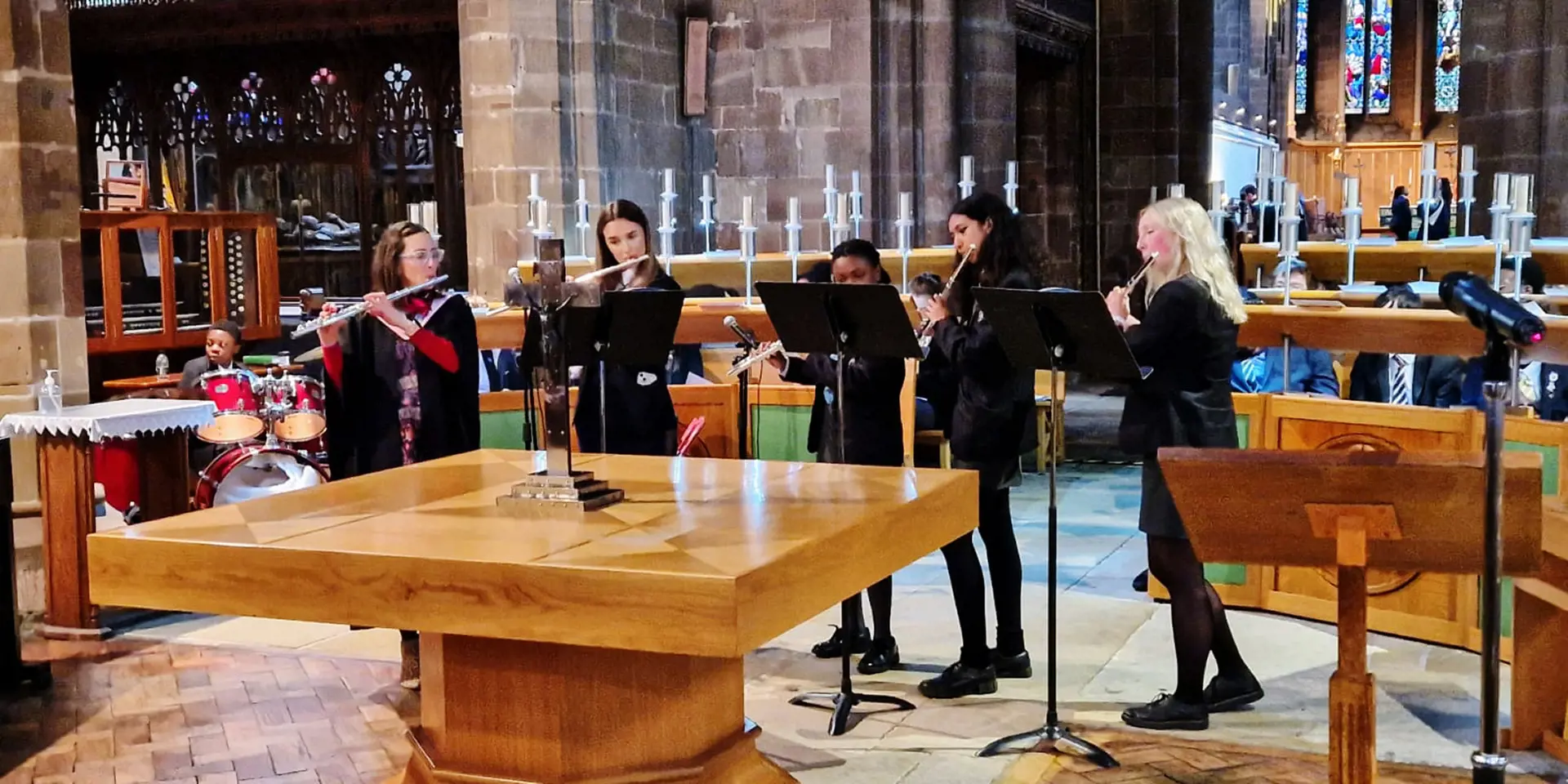
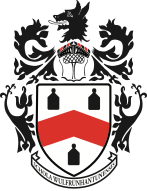
-2246.jpg?version=638320919904270000)
